How Personal Branding Empowers Leaders in a Complex World

As we navigate through the 21st century, leaders face a world marked by unprecedented complexity. Technological advancements are reshaping industries at breakneck speed, global economic interdependencies create volatile markets, and social dynamics shift under the influence of global challenges such as climate change and geopolitical tensions. In such an environment, it may seem superficial or secondary for leaders to concentrate on personal branding—a concept easily mistaken for mere vanity. However, in these turbulent times, a strong personal brand is not a luxury; it is a beacon that guides through the chaos.
Effective personal branding empowers leaders to cut through the noise, providing clarity amidst confusion and offering a consistent, reliable presence that stakeholders at all levels—from employees to global partners—can trust and follow. Now, more than ever, as the digital and real worlds converge and the line between personal and professional personas blurs, leaders must ask poignant questions about their personal brand. What does it stand for? How does it resonate with their organisation’s values and the demands of a global audience? How does it adapt to and reflect ongoing changes in their industries?
Focusing on personal branding doesn’t just help leaders navigate complexity; it makes them more effective navigators capable of leading their ships through stormy seas with confidence and vision.
Here’s how refining your personal brand is not just beneficial but essential:
1. Navigating Complexity
The world is increasingly complex, with leaders needing to address issues ranging from global economic shifts to technological disruptions. A Forbes report suggests that leaders who effectively communicate complex ideas in relatable terms are more likely to be trusted and followed. A strong personal brand positions you as a knowledgeable leader who can simplify intricate situations and offer understandable insights, making you a go-to authority in your field.
2. Meeting Rising Leadership Demands
With leadership demands growing internally and externally, a PwC survey found that 87% of organisations express that trust in their leaders is the number one factor driving their corporate performance. Your consistent personal brand helps build and maintain this trust, ensuring your leadership is effective even in turbulent times by portraying a reliable image across all interactions.
3. Aligning Personal and Organisational Values
A Gallup study reveals that companies with high alignment between personal and corporate values see up to a 27% increase in profitability. Clear personal branding helps you articulate your values transparently, fostering an authentic leadership style that resonates with your team and bolsters organisational culture.
4. Enhancing Internal and External Communication
With the rise of digital communication, a leader’s message can become diluted or inconsistent. Effective communication is pivotal, and a clear personal brand ensures your voice remains consistent across platforms, enhancing your ability to inspire and lead. This consistency is key to reinforcing your leadership presence and fostering a strong following.
5. Differentiating in a Saturated Market
In a competitive environment, a unique personal brand is more crucial than ever. According to LinkedIn, leaders with strong personal brands can increase their company’s visibility by up to 561% compared to competitors. A distinct personal brand sets you apart, aiding in career advancement and influencing broader industry trends and discussions.
6. Facilitating Career Mobility and Opportunities
In an ever-changing job market, a well-crafted personal brand underscores your adaptability and preparedness for new challenges, making you attractive for career opportunities and partnerships. Forbes notes that executives with robust personal brands are 180% more likely to gain upper management positions in career transitions than those without.
And so…
Despite the abundance of channels available today, personal branding remains a significant challenge for leaders. Each platform requires a tailored approach, and maintaining consistency across this diverse landscape can be daunting. Personal branding is more than a career tool—it’s a leadership strategy. In an era where adaptability, authenticity, and visibility are paramount, your personal brand works as your ambassador, continuously paving the way for new opportunities and enabling you to lead with impact.
Whether you are looking to inspire your current team, make a career shift, or influence industry-wide change, consider how your personal brand can support your goals.
It’s time to invest in yourself as a leader in the 21st century. Let your personal brand do the heavy lifting.

